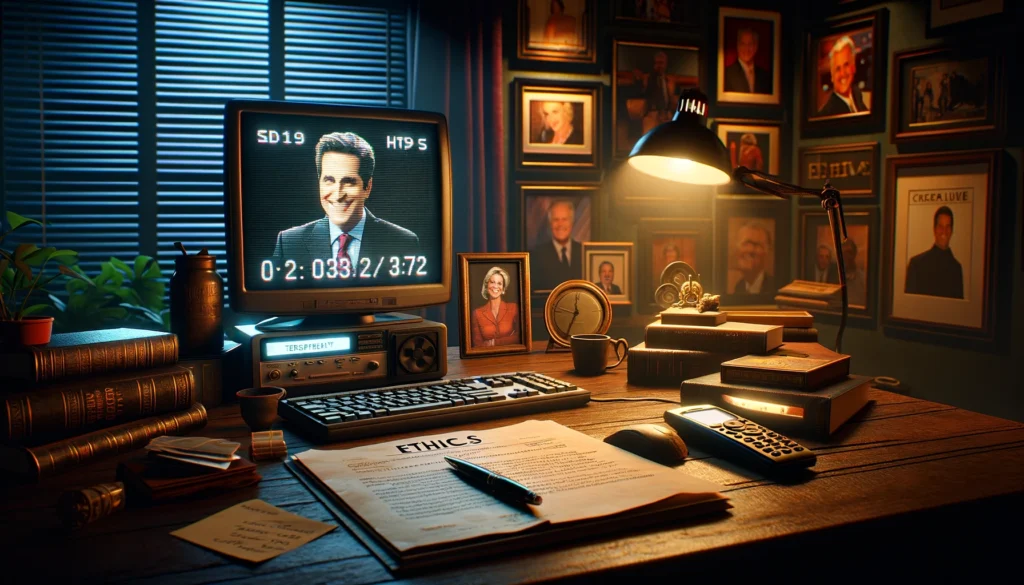In an explosion of controversy surrounding the recent documentary, “Where Is Wendy Williams,” the media personality’s publicist, Shawn Zanotti, has accused the filmmakers of malicious exploitation. He alleges the producers distorted the image of Wendy William, a renowned talk-show host, feeding on her vulnerabilities to create a spectacle. This accusation casts a shadow over the intent and ethics driving today’s entertainment industry, catalyzing an urgent need for discussion and transparency.
Shawn Zanotti, who began working for talk show host Wendy Williams in 2021, admonished the documentary makers during an interview with NBC News. “She thought we were focusing on the comeback of her career… She would be mortified… she would be OK with looking and seeing herself in that way,” Zanotti said. He further asserts that Williams was deceived about the documentary’s nature, not signing up for the final product that disregards her good moments and emphasizes her tribulations.
When asked about the documentary, Williams, according to her publicist, expressed interest in sharing her story with the world. However, Zanotti believes the filmmakers had different intentions. “When I mentioned [doing a documentary] to Wendy, she immediately said: ‘Yes, I would love to do it… That is not the project that [the producers] brought to me,” he claims.
The Sun reported recently that Zanotti’s working relationship with Williams ended in May this year. However, there is yet to be any concrete confirmation about the alleged termination. This fuels the brewing controversy even further and adds an element of mystery to the whole spectacle.
A day before the documentary’s airing, a shocking revelation about Williams’ health was made public. The talk-show host was diagnosed with primary progressive aphasia and frontotemporal dementia, which could potentially justify her erratic behaviour, a center focus for the documentary. Documentary maker Erica Hanson, responding on TODAY, assured that the filmmakers were unaware of the diagnosis during production but strived to depict her struggle with dignity and sensitivity.
However, the critical remarks by Zanotti stir the debate about the real intentions of the filmmakers. He strongly feels that even if they knew about the diagnosis, it wouldn’t have deterred them from the controversial depiction.
Infact, he went on to allege, “The producers were asking questions throughout the entire time — would ask questions where she would somewhat seem confused… Again, this was presented as a documentary to her, but to me, it looked as though it was a reality show of a circus.”
It’s crucial to question the dynamics and conventions at play in today’s entertainment journalism. It urges society to ponder on the ethical boundaries that shouldn’t be crossed in the media’s pursuit of truth and the audience’s right to information.
In conclusion, the controversy surrounding Wendy Williams’ documentary rightly highlights the urgent need for transparency and moral responsibility in media productions. It brings to focus the potential harm of exploiting public figures for entertainment’s sake, thus urging for a constructive dialogue about ethical practices in journalism. The acknowledged purpose of journalism is not merely to inform but also to respect the subjects it illuminates. As we delve into the lives of celebrities and public figures, it is important to remember that they too, are humans, subject to the same inviolable rights to dignity and fairness.



